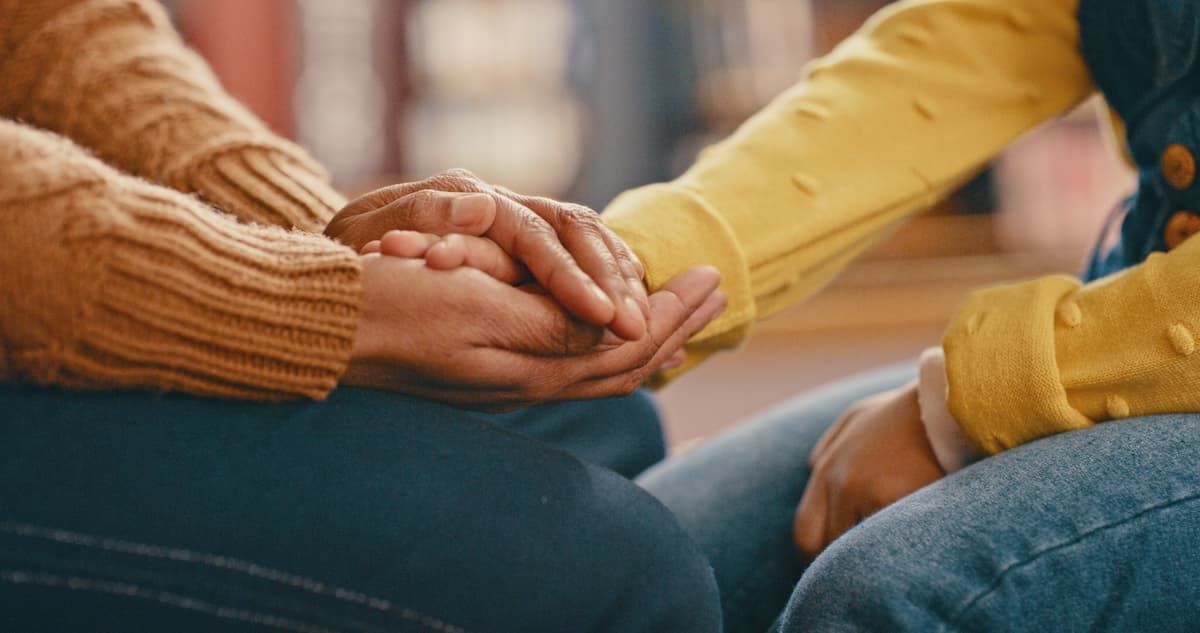Menu
Exploring Different Types of Grief Support and Finding Local Resources

Grief is a universal experience, yet each person’s journey through it is unique. Whether we’re grieving the loss of a loved one, a significant life change, or even the end of a cherished relationship, the support we receive can make a crucial difference in how we heal and move forward. Various types of grief support offer different benefits and understanding what’s available is the first step to finding what works best for you. Here’s an overview of different types of grief support and tips on finding local resources.
Individual Therapy
What It Is: Individual therapy, usually with a licensed therapist or counselor, is a one-on-one experience tailored to your personal grief journey. Therapists help you process feelings, manage symptoms of depression or anxiety, and develop coping strategies for day-to-day life.
Benefits: This support is highly personalized and can adapt over time to meet your evolving needs. Many therapists specialize in grief counseling and can offer specialized techniques like Cognitive Behavioral Therapy (CBT), which helps reframe negative thoughts, or grief-specific techniques to process loss.
How to Find It Locally: Search online directories like Psychology Today or TherapyDen, which allow you to filter by specialty and location. Your primary care doctor or local hospital may also provide referrals to grief therapists nearby.
Support Groups
What They Are: Grief support groups are gatherings of people who are all dealing with loss. They’re typically led by a counselor or trained facilitator and offer a safe space to share experiences, give and receive support, and learn coping strategies.
Benefits: These groups help to reduce feelings of isolation and allow for mutual support among participants. Many find comfort in being able to relate to others who truly understand their loss, creating a strong sense of community.
How to Find It Locally: Local community centers, hospitals, or religious organizations often host grief support groups. You can also find directories through organizations like GriefShare, which lists groups worldwide, or through the National Alliance for Grieving Children if you’re seeking support for younger family members.
Online Grief Support Communities
What They Are: Online support communities provide 24/7 access to support networks through forums, chat rooms, and video groups. These platforms can range from general grief support forums to specialized groups focusing on specific types of loss (e.g., losing a spouse, child, or dealing with prolonged illness).
Benefits: Online support is ideal for those who may not have access to local resources, have difficulty with transportation, or prefer anonymity. You can also access support anytime, making it a flexible option.
How to Find It Locally: Even if your group is online, joining a local group can be helpful for occasional in-person meetups. Websites like Grief In Common or The Compassionate Friends offer both online and local chapters, making it easy to connect with people nearby.
Books and Self-Help Resources
What They Are: Books, workbooks, and online courses can provide self-directed support for those who prefer to work through their grief independently. Many of these resources provide exercises, coping strategies, and stories from others who have navigated grief.
Benefits: Self-help resources offer flexibility and privacy. They can be particularly useful for people who are beginning to explore grief or want supplementary support alongside other therapies or group work.
How to Find It Locally: Libraries, bookstores, and online platforms like Audible or Kindle Unlimited offer a range of grief-related materials. Many therapists or grief organizations provide recommendations, or you can check popular titles like On Grief and Grieving by Elisabeth Kübler-Ross for trusted insights.
The journey through grief doesn’t have to be walked alone. Finding the right type of support and connecting with resources can provide essential comfort, perspective, and healing. Whether you seek the company of others, prefer a one-on-one approach, or are drawn to creative expression, there is support out there to help you through. Don’t hesitate to reach out—healing is within reach.




Subscribe to our newsletter




